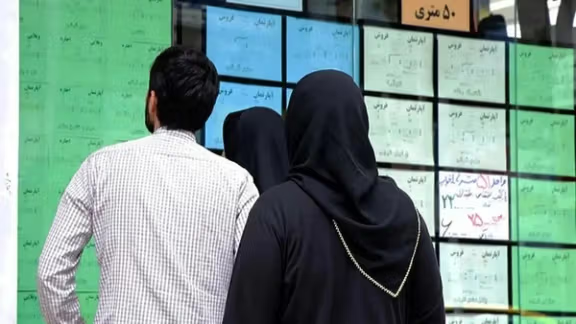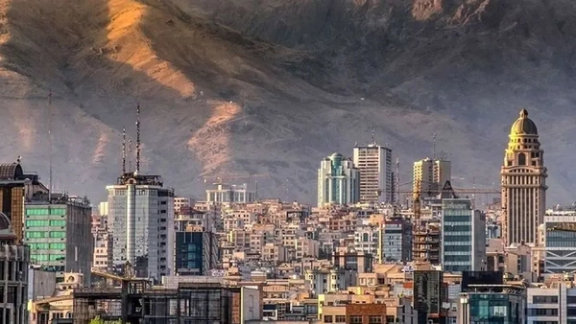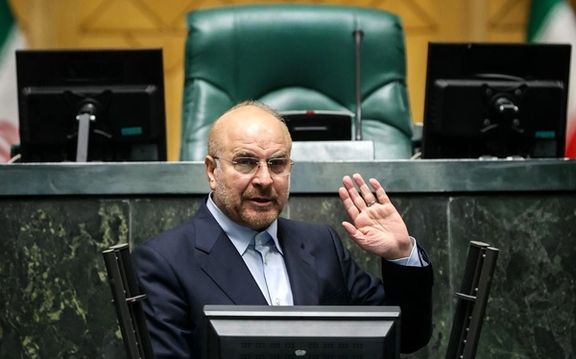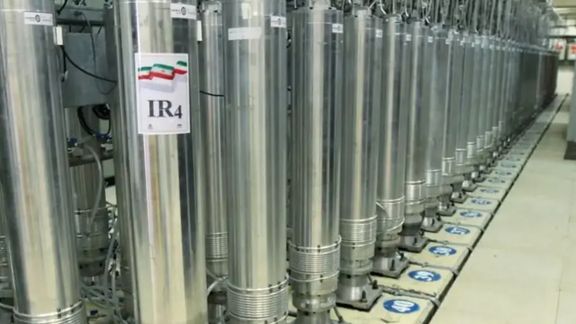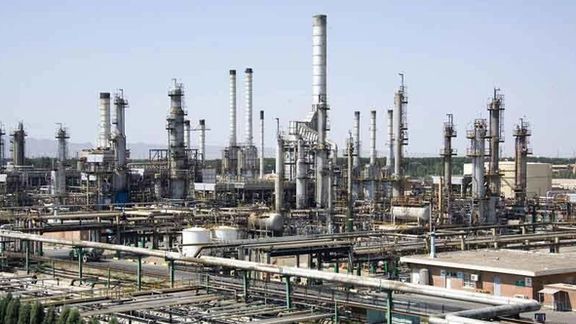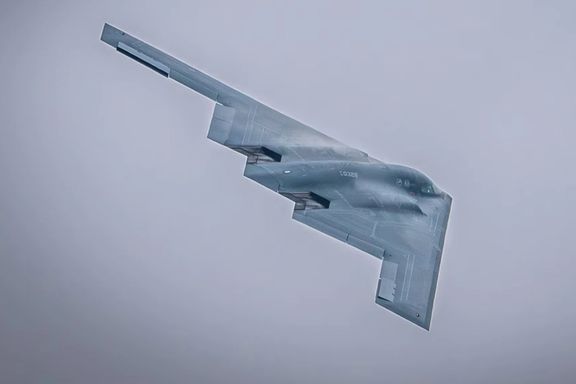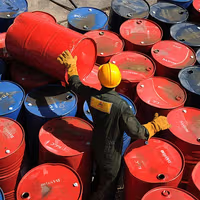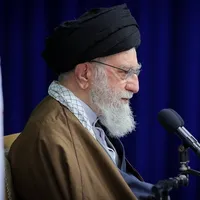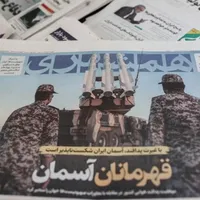Earlier in the day, Japan's Kyodo News Agency reported the meeting, citing several Iranian diplomatic sources.
The report indicated that Iranian President Masoud Pezeshkian's administration aims to resolve the nuclear impasse before the inauguration of the next US president, Donald Trump.
According to Baghaei, the upcoming talks with the three European countries are seen as a follow-up to meetings held with them on the sidelines of the United Nations General Assembly in New York.
“In this round of talks, which were planned in New York, a range of regional and international issues, including Palestine and Lebanon, as well as nuclear issues, will be discussed.”
Iranian Deputy Foreign Minister for Political Affairs Majid Takht Ravanchi, who previously served as Iran’s ambassador to the United Nations and was a member of the Iranian nuclear negotiating team for the JCPOA nuclear accord is said to be leading the negotiations.
There is no direct confirmation of scheduled talks from the European sides.
Earlier on Sunday, Iran's state-run ISNA news agency quoted the EU's lead spokesperson for foreign affairs, Peter Stano, as saying that the bloc is in contact with Iran regarding the prospect of resuming the talks. However, there is no independent source confirming Stano's statement.
The outgoing High Representative of the EU Josep Borrell and his team are in contact with Iran, other parties of the Joint Comprehensive Plan of Action (JCPOA), and also the United States to keep all communication channels open and maintain the possibility of meaningful nuclear negotiations, he said according to ISNA.
Stano also expressed hope for a swift resumption of nuclear diplomacy with Tehran, according to these reports.
"We hope that nuclear diplomacy can resume soon since a solution to the Iran nuclear issue cannot wait any longer. It will also be conducive to the stabilization of the region," he told the semi-official ISNA. "Diplomacy is the way to find solutions on sensitive issues and we have already reached out to the new President Pezeshkian and Foreign Minister Araghchi." However, this statement, if correct, is not a confirmation of any immediate talks.
Criticizing Tehran’s lack of transparency over its nuclear program, Stano noted, "The EU fully relies on the International Atomic Energy Agency (IAEA), and the agency's report regarding Iran's nuclear trajectory and lack of cooperation is very concerning.” "The EU is committed to a comprehensive political approach based on mutual respect," he added.
On November 21, 2024, the IAEA Board of Governors passed a resolution against Iran over its perceived non-cooperation with international inspections, saying it is not convinced that Iran’s nuclear program is peaceful. It has been asking questions and seeking clarification on several issues for years. But many remain unresolved.
The IAEA is calling on Iran to urgently improve its cooperation with the agency and provide a comprehensive report on its nuclear activities.
The resolution against Iran may prove a crucial step in building a case for more binding measures. It provides a basis for the parties to the JCPOA to claim Iran is violating its commitments and potentially initiate what is known as the Trigger Mechanism.
Trigger Mechanism is an informal term for a provision under the 2015 deal that allows signatories to reimpose Iran sanctions that were lifted under the agreement.
In 2018, the Trump administration withdrew the United States from the JCPOA and reimposed harsh sanctions on Iran. In response, Iran began violating the deal's nuclear limits, including stockpiling enriched uranium, enriching it to higher purity levels, and installing advanced centrifuges.
Indirect talks between the Biden administration and Iran to revive the deal have been unsuccessful. Despite this, Trump stated during his election campaign in September that a nuclear deal with Iran is necessary to avoid adverse consequences. "We have to make a deal, because the consequences are impossible. We have to make a deal".
